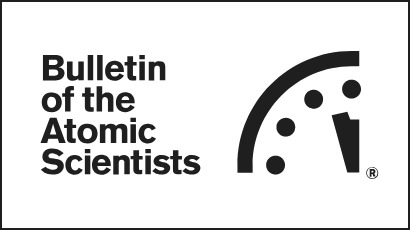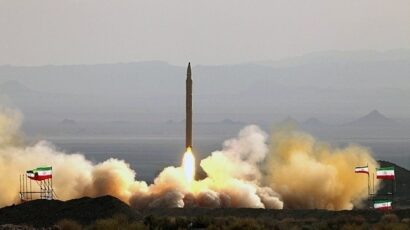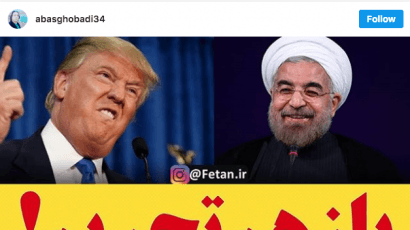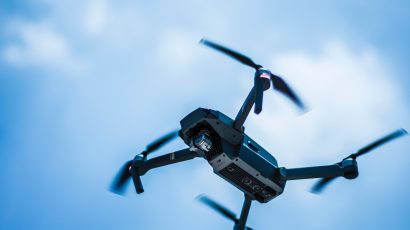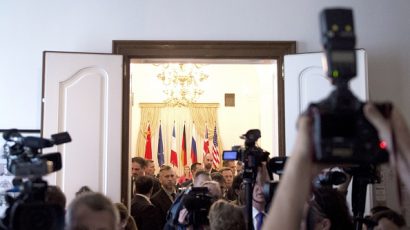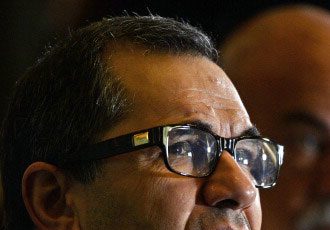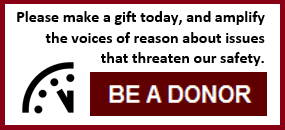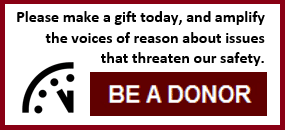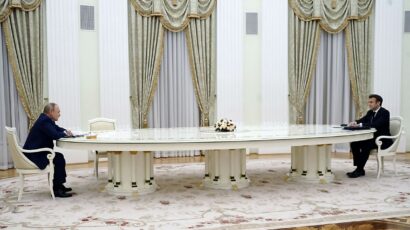How to succeed in Baghdad
As talks between Iran and the five permanent members of the UN Security Council and Germany (P5+1) move to Baghdad, leaders and analysts alike are wondering whether diplomacy will be any more successful now than during previous negotiations involving the Obama administration. To answer that question, it is important to understand why the previous talks failed and what is -- or might be -- different now.
